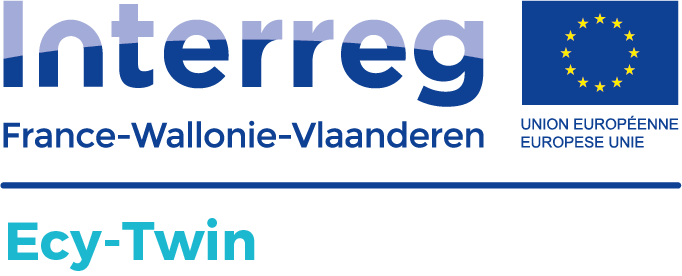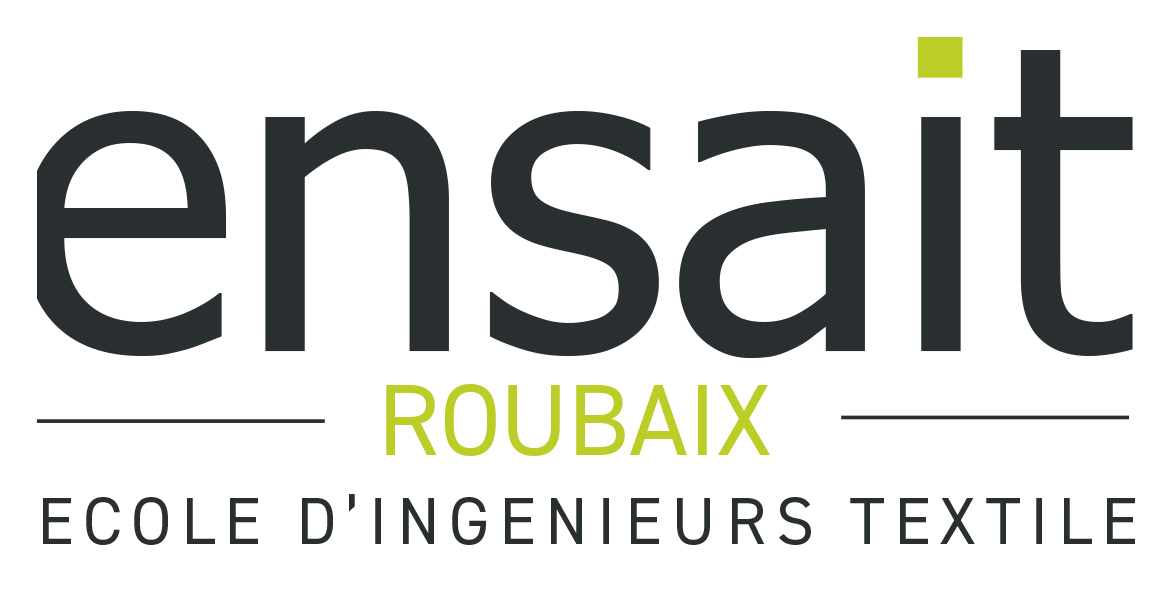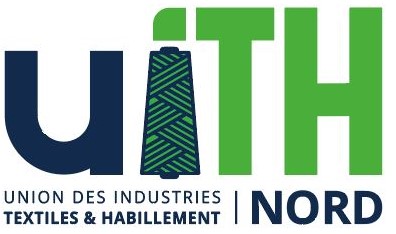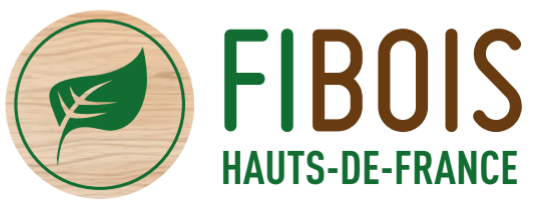About
The European Parliament promotes the circular economy and defines it as: “a model of production and consumption that consists of sharing, reusing, repairing, renovating and recycling existing products and materials as long as possible so that they retain their value. In this way, the life cycle of products is extended to reduce the use of raw materials and the generation of waste. When a product reaches the end of its life, its resources are kept in the economic cycle. They can then be used again and again to recreate value. The circular economy is opposed to the traditional linear economic model based on the concept of “collect-make-discard”.
Because the concept is so fashionable and its definition can be open to interpretation, the CIRCULAR Hotel-Interior certification mark provides clarity about what is meant by a “circular product” and offers unbiased certification for products to enable buyers to make informed choices. There are many criteria to consider and some companies do not hesitate to declare their products as circular without scientific or technical basis.
The products of the CIRCULAR Hotel-Interior certification mark are all considered circular in at least one of the following four areas of circularity: eco-design, eco-manufacturing, extension of the useful life, reduction of waste. All products submitted for certification have passed an audit and those that have validated at least one area of circularity are accepted into the brand. The four areas of circularity are highlighted by pictograms representing them. Each certified product is marked with the pictograms of the areas of circularity validated by the product. The products represented by four pictograms are the most exemplary products. This corresponds to the circular passport of the product.
Context, Mission, Ambition:
The Circular Hotel Interior collective brand is part of the Ecy-Twin Interreg project. The Ecy-Twin project is a cross-border project (Hauts-de-France, Wallonia, Flanders) financed by the European Regional Development Fund and the Walloon and Flemish regions. The project’s objective is to support companies in the cross-border area in the textile, wood and furniture sectors in the transformation of their economic models towards sustainable growth.
The ambition of the Circular Hotel Interior brand is to give visibility to companies that have already made a concrete commitment to circularity, while pushing others towards the circular economy and the development of more sustainable products. The objective of the collective brand is to bring visibility to circular products, allowing them to conquer new markets, together.
ecodesign
The product was designed to be circular, mainly by thinking it to be dismountable, repairable, recyclable or biodegradable.
ecoproduction
The manufacturer has made efforts in terms of circularity during the production phase, in the factory. The main criteria include the materials used and their origins, production and the use of renewable energy.
Lifetime extension
The more a product is used, the more it is beneficial to the environment because it delays the moment when it will have to be replaced by a new product whose manufacture has itself caused environmental impacts. The company implements actions that extend the useful life of products: it offers the reconditioned product, provides spare parts and instructions for repairing it, and sets up a system for taking back the product with appropriate treatment.
Waste reduction
Waste reduction refers to the reuse of production waste, industrial symbiosis, recycling of production waste and any other strategy put in place to monitor and reduce waste production.




